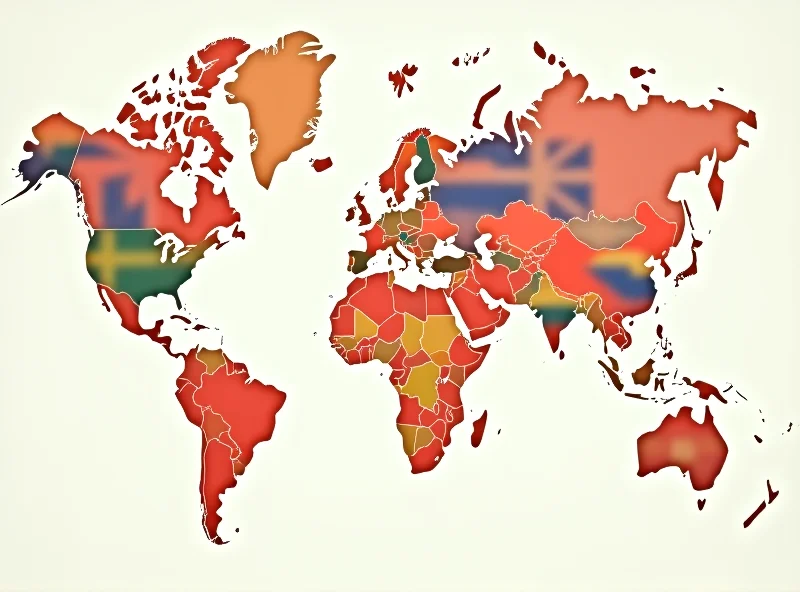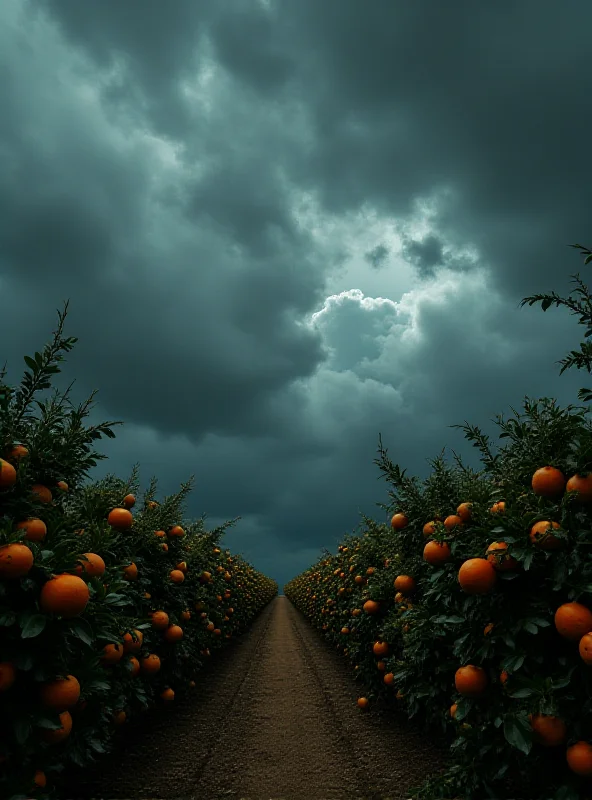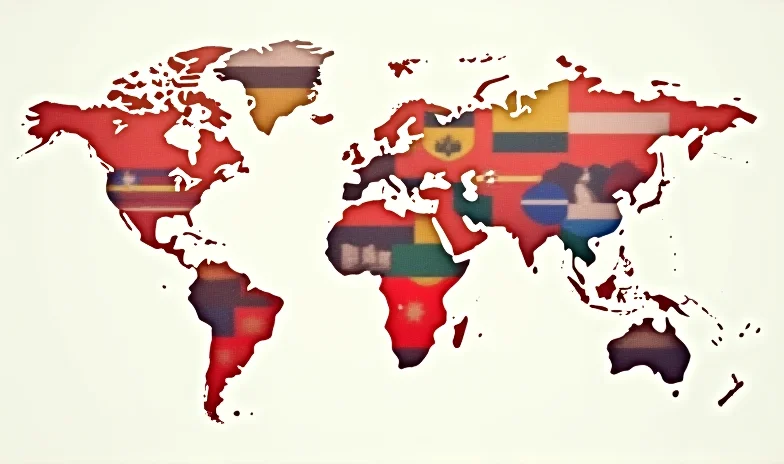What kind of place is one where America comes first, Spain comes first, Lesotho comes first, and Villar del Río comes first? It's a question that sparks a lot of thought about priorities, values, and the very nature of order.
Is it a utopia where everyone gets a turn at the top? Or a chaotic free-for-all where the usual rules no longer apply? Perhaps it's a bit of both, a world where the last is considered foolish and anything goes.
National Priorities and Inverted Hierarchies
The idea of countries like America, Spain, and even the small nation of Lesotho all vying for first place simultaneously paints a bizarre picture. It suggests a society where traditional hierarchies are not only questioned but completely upended. Imagine a world where the conventional order is inverted or disregarded, where the typical power dynamics are thrown out the window.

But what does "first" even mean in this context? Is it economic dominance? Cultural influence? Or simply being recognized and valued? The ambiguity is part of the point. It highlights the absurdity of trying to impose a single, universal standard of success.
Beyond Politics: A Culinary Clash
This "anything goes" mentality isn't confined to the political sphere. Consider the world of culinary arts. Take, for example, the classic Spanish garlic soup. Even in something as seemingly simple as a recipe, there's room for debate and innovation. We see this in the recipe battle between chefs like Jose Andrés, Arguiñano, and Berasategui, each offering their unique take on this traditional dish, alongside modern interpretations from chefs like Iván Cerdeño.
This culinary competition mirrors the broader theme of challenging established norms. It shows how even within a defined tradition, there's always room for creativity and reinterpretation. It's a reminder that "anything goes" doesn't necessarily mean chaos. It can also mean embracing diversity and celebrating individual expression.
The Unexpected and the Unforeseen
Sometimes, life throws us curveballs that completely shatter our expectations. Take the story of the man presumed dead in 1994, only to be discovered years later, a victim of Storm Dana. His daughters, after years of believing him gone, learned the truth through fingerprint evidence. This heartbreaking tale underscores the unpredictable nature of life and the fact that even in the most seemingly settled circumstances, anything can happen.

It's a stark reminder that the world is full of surprises, both good and bad. It challenges us to be open to the unexpected and to find meaning even in the face of tragedy.
Embracing the Absurdity
Ultimately, the question of what kind of place this "anything goes" world is remains open. Perhaps it's a reflection of our own anxieties and aspirations, our desire for a world that's both fair and exciting. Maybe it's a call to embrace the absurdity of it all, to find humor and meaning in the chaos, and to appreciate the unique perspectives that each individual and each nation brings to the table.

After all, isn't that what makes life interesting?
